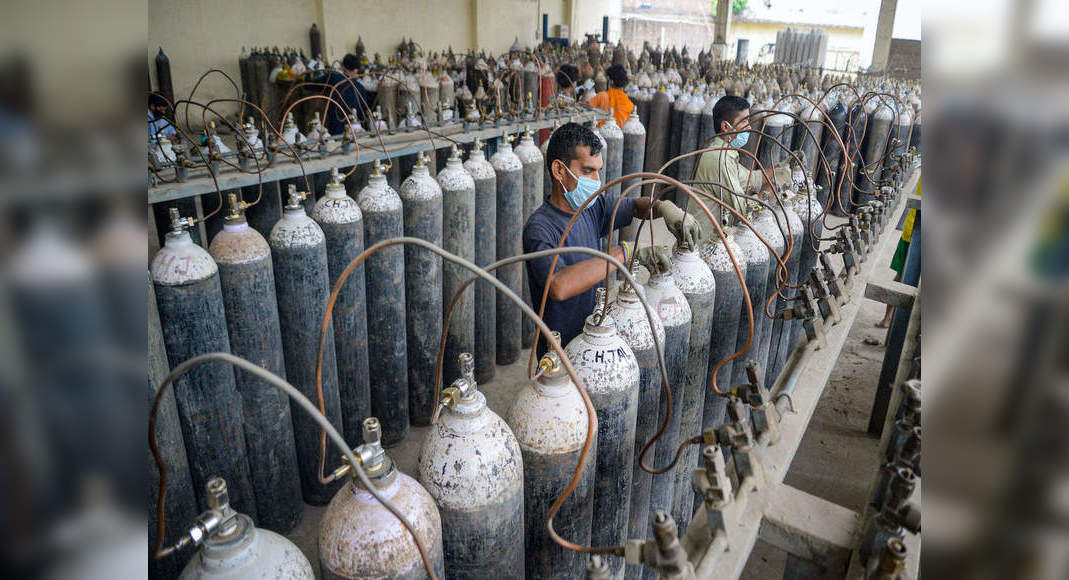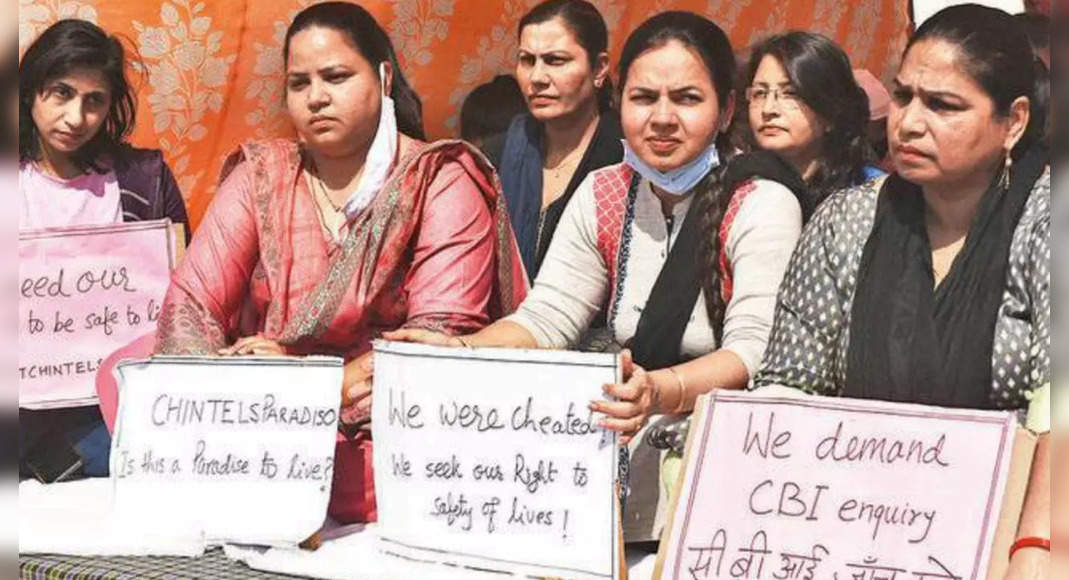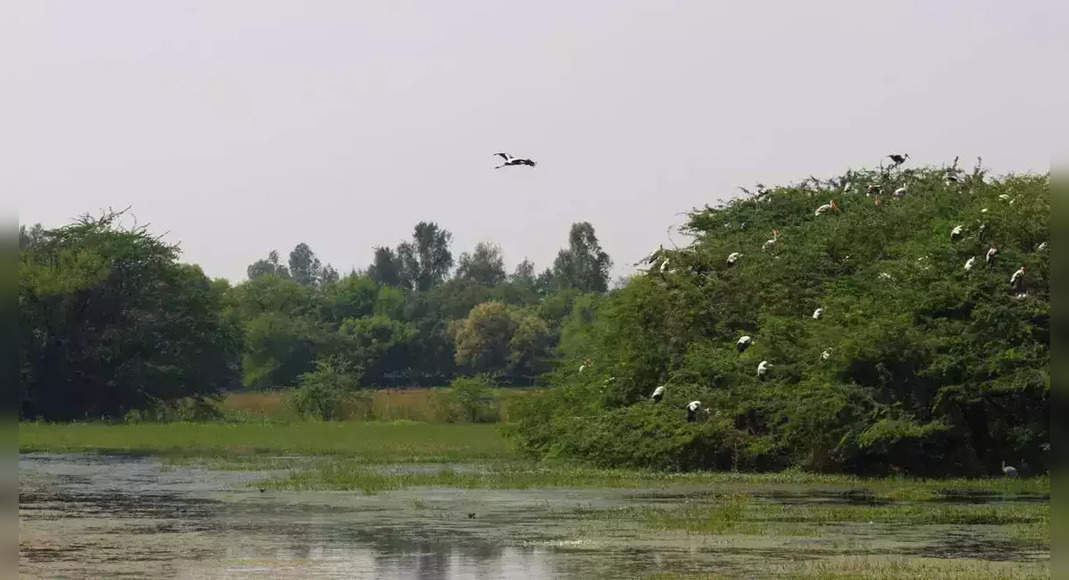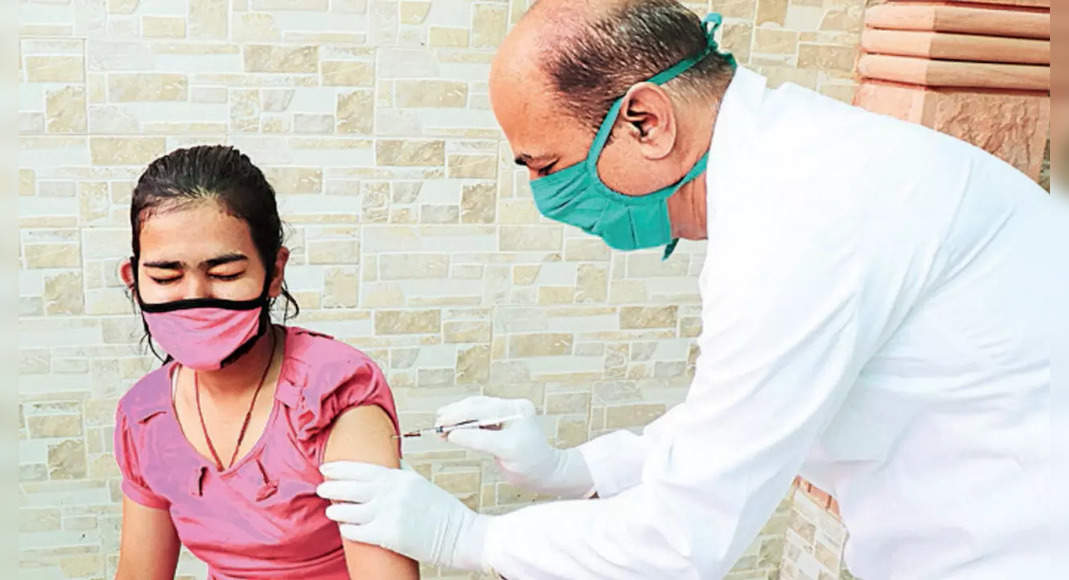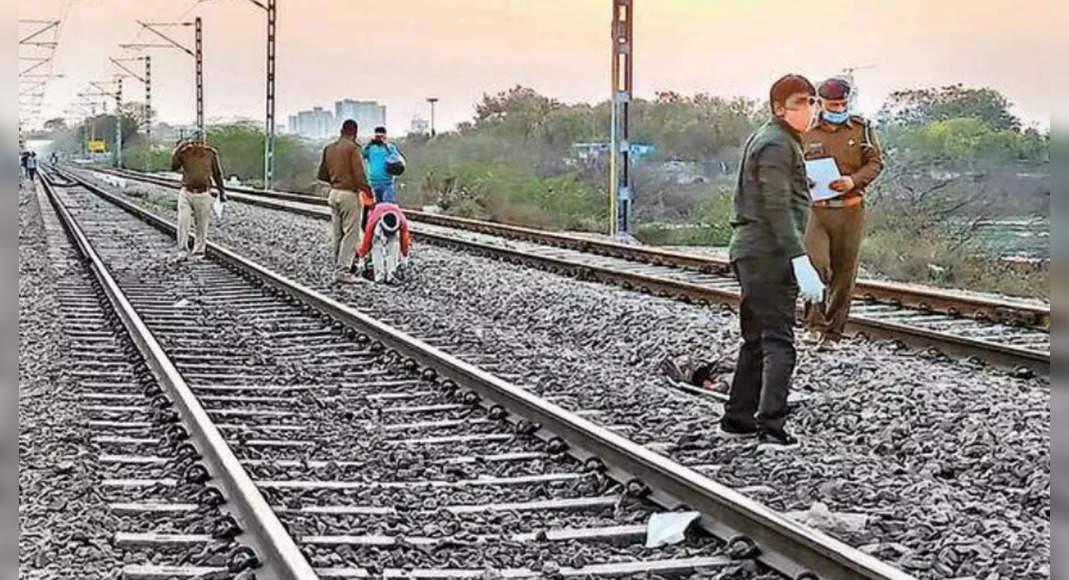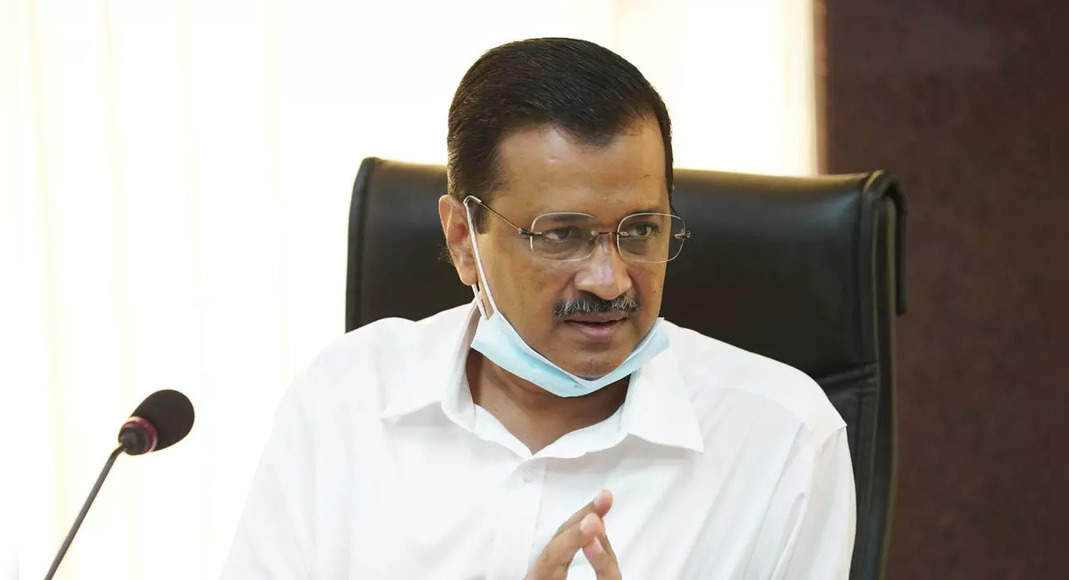NEW DELHI: As the second wave of Covid-19 hit the city this April, it led to an unprecedented crisis of oxygen in hospitals.
With the existing supply and distribution system under tremendous pressure, hospital after hospital started making frantic calls to Delhi Police as they sought to replenish their stocks.
Many hospitals sent SOSs with less than an hour’s supply left.
Delhi Police, however, rose to the challenge.
It was on April 18 that the cops in outer district received a call for help from Mansa Ram Hospital, which had around 35 patients undergoing treatment with just an hour’s supply left.
Local cops inquired around Delhi and managed to get 20 cylinders for them in the nick of time.
The cops were soon flooded with cries of help and this prompted Delhi Police commissioner S N Shrivastava to form a core group and a command room to coordinate and handle the matter.
A system was quickly put in place and Delhi Police PCR unit was tasked with supervising the transportation.
It was decided that PCR vans would provide the security and escort to the tankers, starting from the plants, to cut travel time and hassles.
The cops were asked to extend all possible help, support and security as well as provide a “Green Corridor” to all oxygen tankers during their transportation.
A WhatsApp group, titled “Oxygen Movement”, was created for coordination with DCPs of districts and traffic, PCR, Delhi government officials, special branch and nodal officials.
Any SOS raised by a hospital was escalated to the officers concerned and steps taken to revolve the situation immediately.
Shrivastava also took up the issue with Delhi Disaster Management Authority and flagged the shortcomings noticed in the existing system by the boots on the ground.
The “green corridor” ran in three successive legs operating without break like a relay race.
With the oxygen plants being located outside Delhi — at Panipat, Faridabad, Palwal and Surajpur in Haryana and Modinagar in UP— the first leg was covered by dedicated teams of PCR MPVs from the plant to Delhi border point where other MPVs fleet were waiting to receive and escort the tankers inside the locations.
“The first escort team immediately turned around and went back to the plant to bring another tanker.
The PCR MPVs then took tankers to hospitals or the filling stations, as the case may be, where the local police engaged their motorcycle and vehicles escorts till the hospitals, so that no time was lost in transit.
Over 95 MPVs and 500 men worked round the clock to ensure this delivery system ran uninterrupted,” Shrivastava said.
Real-time information on the number of oxygen tankers despatched, their route and the proposed time of arrival was recorded by the Command Room for advance intimation to the waiting teams.
The Command Room also live-monitored the 10 filling stations inside Delhi that served as oxygen feeders to smaller hospitals and individuals.
Multiple teams under ACPs were deployed at Panipat, Surajpur, Faridabad, Palwal and Modinagar plants to oversee the transportation arrangement and to brief the pilots/escorts engaged with the oxygen tankers.
It was ensured that a tanker left the plant as soon as it was filled.
Police officers at the plant maintained close liaison with Delhi government officials and nodal officers.
For border-to-hospital movement, 55 MPVs and 120 personnel were deployed.
The cops deployed on this emergency job were given food and water in the vehicle itself.
“Between April 29 and May 14, Delhi Police was operating at its full capacity and had physically escorted 1,262 tankers carrying around 7,152 metric tonnes of oxygen,” Delhi Police PRO, Chinmoy Biswal said.
The oxygen supply was eventually streamlined and physical escorting of oxygen tankers was discontinued on May 14.
Thereafter, cops were deployed at oxygen plants, boarder pickets, relevant railway stations and monitoring at CPCR command room level.
Since May 14, 1210 tankers carrying 6,158 metric tonnes of medical oxygen have successfully been transported to various hospitals of Delhi till date, cops say.
In all, Delhi Police has facilitated the arrival of 2,472 tankers.

